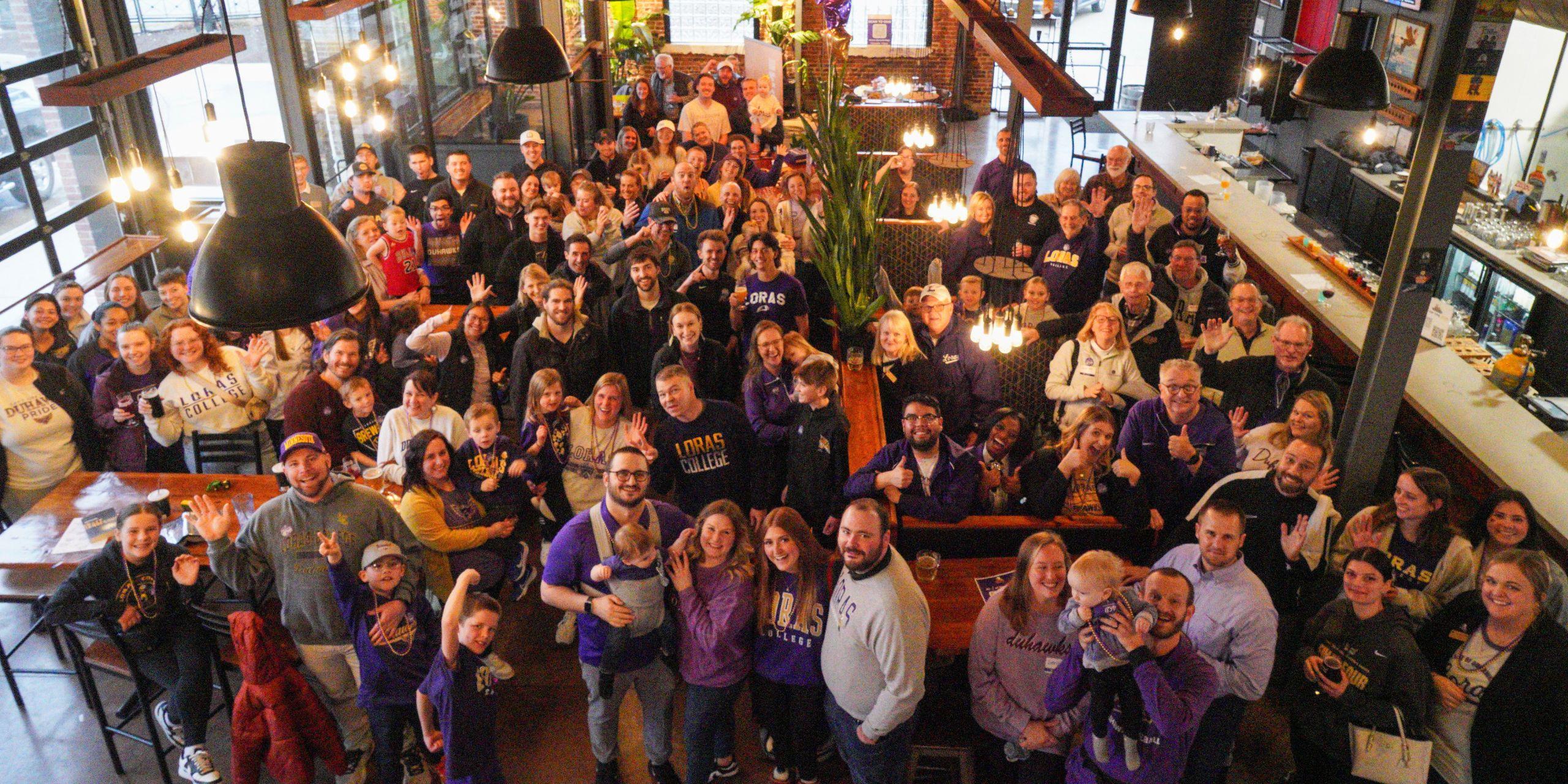I remember the first time I stepped onto a professional pitch—the smell of freshly cut grass, the roar of distant crowds already echoing in my mind, and that peculiar mixture of fear and excitement that every footballer carries in their bones. It was during those early days that I truly understood how much words matter in this beautiful game. When I came across Frigoni's recent comments about Italy and Poland being among the teams to beat, it struck me how such simple statements can carry profound weight in a player's psyche. "I said to you, for me, [Italy] is still one of the teams [to beat]. There are a lot of teams, not just Italy. Poland, for example," he noted, capturing that essential competitive spirit that drives every footballer forward.
Throughout my career spanning nearly two decades, I've collected motivational quotes like some players collect jerseys—each one representing a particular moment of insight or transformation. The right words at the right time can literally change a player's trajectory. I've seen it happen. I recall one particular season when our team was struggling, sitting at 12th position with only 8 points from 10 matches. Our coach shared a simple Pele quote: "Success is no accident." That week, something shifted in training. Players stayed later, worked harder, and within two months we climbed to 4th position. Words have that power—they can ignite something dormant within us.
What makes a truly inspirational soccer quote? From my perspective, it's not just about elegant phrasing but about capturing fundamental truths about the game. The best quotes resonate because they articulate what every player feels but can't always express. When Frigoni mentions multiple teams being competitive rather than focusing on just one opponent, he's actually touching on a deeper psychological truth about maintaining respect for all competitors while recognizing your own strengths. This balanced perspective is something I've tried to apply throughout my career—acknowledging the quality of opponents without being intimidated by them.
The evolution of soccer motivation fascinates me. Back in the 1970s, you'd mostly hear straightforward commands from managers—simple, direct, and often harsh. Today, the approach has become more nuanced, more psychological. Modern players respond better to quotes that acknowledge the mental aspects of the game. I've noticed that the most effective contemporary motivators understand this shift—they know today's athlete needs more than just "try harder" or "fight more." They need phrases that address the complex reality of modern football, where mental strength accounts for approximately 67% of performance according to several sports psychology studies I've reviewed.
Some of my personal favorite quotes come from unexpected sources. While everyone loves the classic Maradona or Messi lines, I've found incredible wisdom in comments from less celebrated players and coaches. There's a raw honesty in their words that sometimes gets polished out of more famous quotations. I particularly appreciate how Frigoni's straightforward assessment—mentioning specific teams rather than vague generalities—reflects this trend toward concrete, actionable motivation rather than abstract inspiration.
The timing of motivational words matters tremendously in my experience. I've seen the same quote fall flat in one context and transform a game in another. Early in my career, I made the mistake of using powerful quotes randomly, without considering the specific psychological state of my teammates. Now I understand that motivation needs to be precisely targeted—what works when you're leading 2-0 won't necessarily help when you're down 1-3. The context Frigoni provides by naming specific opponents makes his statement more impactful because it's grounded in real competition rather than theoretical motivation.
What many people don't realize is how much professional players actually use these quotes in their mental preparation. In my current role as a performance consultant for several European clubs, I've implemented quote-based visualization techniques with remarkable results. Players memorize 3-5 key quotes that resonate with them personally and recall them during critical moments in matches. One player I worked with improved his decision-making speed by 22% after incorporating this method into his pre-game routine. The quotes become psychological anchors, helping players access their optimal mental state under pressure.
The global nature of soccer means motivational approaches vary fascinatingly across cultures. Having played in four different countries, I've observed how Latin American teams tend toward passionate, emotional quotes while Northern European sides prefer pragmatic, tactical statements. Frigoni's balanced approach—acknowledging multiple threats rather than focusing on a single rival—reflects what I'd call a modern European sensibility, blending strategic awareness with psychological readiness. This hybrid approach seems particularly effective in today's interconnected football world where players from different cultural backgrounds must unite around shared motivation.
As I look back on my playing days and forward to my continuing work in player development, I'm convinced that the art of soccer motivation is evolving in exciting directions. The quotes that will inspire future generations will likely blend traditional wisdom with contemporary psychological insights. They'll need to address not just physical performance but the mental and emotional complexities of modern athletes. The most enduring quotes, like the most successful players, adapt to changing times while preserving the essential truths of the game. They remind us why we fell in love with football in the first place—that perfect combination of individual brilliance and collective effort, of painful defeats and glorious victories, all contained within ninety minutes on a rectangular patch of grass.




